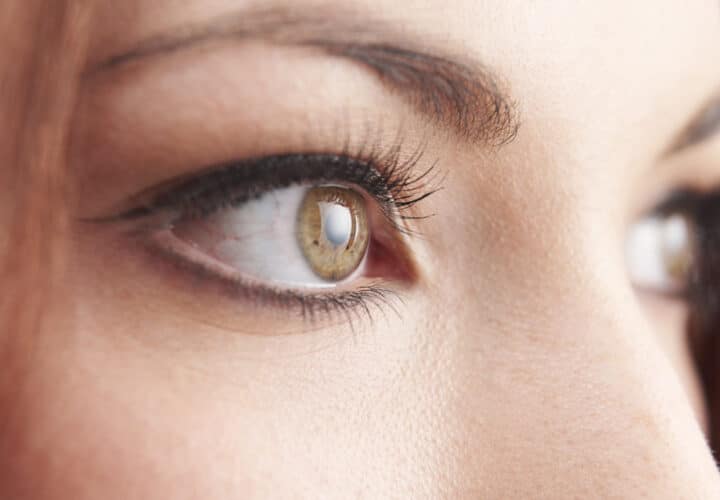A 2020 study has scientists at the University of California San Francisco probing the connection between our sense of smell and dementia.
As we age, so do our abilities to see and hear… Now, new research indicates that out of all of our senses, our sense of smell may be our strongest indicator of cognitive decline. A 2020 study has scientists at the University of California San Francisco asking: When is losing your sense of smell a sign of dementia?
Stop and Smell the Roses
Perhaps the most well known study of olfactory ability tested subjects’ ability to smell peanut butter to try to determine who would develop dementia. At UCSF, researchers have found that other specific scents like roses, turpentine, paint thinner and lemons could help yield a better understanding of the condition of the brain.
Researchers observed 1800 seniors in their seventies for a period of up to 10 years, testing their ability to identify certain smells. At the time of enrollment, all participants were dementia-free, but almost 330 — nearly 20 percent — ended up with dementia during the decade of the study.
How Are Our Senses Related to Cognition?
The UCSF study focused on how multiple sensory impairments are an indicator of declining cognition.
“Sensory impairments could be due to underlying neurodegeneration or the same disease processes as those affecting cognition, such as stroke,” said Willa Brenowitz, PhD, of the UCSF Department of Psychiatry and Behavioral Sciences and the Weill Institute for Neurosciences. “Alternatively, sensory impairments, particularly hearing and vision, may accelerate cognitive decline, either directly impacting cognition or indirectly by increasing social isolation, poor mobility and adverse mental health.”
While Brenowitz’s team focused their research on multiple impairments, they found that a keen sense of smell was in fact linked to the group who did not develop dementia — more so than touch, hearing or vision. Participants whose smell declined by 10 percent had an almost 20 percent higher risk of getting dementia versus a range of 1 to 3 percent for declines in hearing, touch and vision.
“The olfactory bulb, which is critical for smell, is affected fairly early on in the course of the disease,” said Brenowitz. “It’s thought that smell may be a preclinical indicator of dementia, while hearing and vision may have more of a role in promoting dementia.”
What We Know About Olfactory Loss and Cognition
The peanut butter study used an open jar of the nutty sandwich spread to determine those experiencing cognitive decline had difficulty with smell using their left nostril as compared to their right. Although the simplicity of the study sparked a lot of interest, the sample size of the 2013 University of Florida study, and that of similar subsequent studies, wasn’t large enough to draw conclusive evidence.
In 2017, a South Korean research team found beta-amyloid plaques, a biomarker of Alzheimer’s disease, in both the olfactory system and the central nervous system of mice. Researchers observed that the plaques had a toxic effect on the olfactory senses after six months, despite that cognitive decline was not observed until the 14-month mark.
More recently, scientists at Michigan State University found that a poor sense of smell is linked to a higher death rate in seniors.
Scientists are also studying the ability of COVID-19, the disease caused by the SARS-COV-2 pandemic, to cause people to lose their sense of smell, at least temporarily, indicating that the novel coronavirus and neurological health are closely linked.
The nature of that link — exactly why a fading sense of smell may be a precursor to fading cognitive health, and what our sense of smell can tell us about our brains — will be the subject of continued research.





In your third paragraph where you give the survey numbers of 1800 seniors, etc, you neglect to provide the relative number or percent of people that had the loss of smell! In other words, you don’t tell us what the numerical relation was between dementia and the loss of smell. That’s the main point!
I care, because I lost my olfactory sense, then got Parkinson’s, then was diagnosed with mild cognitive impairment. I’m 58.
Hi Joseph, we typically only summarize the findings of research to avoid overwhelming readers. For more detailed information, you can follow the link in the article to the full study: https://www.jns-journal.com/article/S0022-510X(13)00311-0/abstract